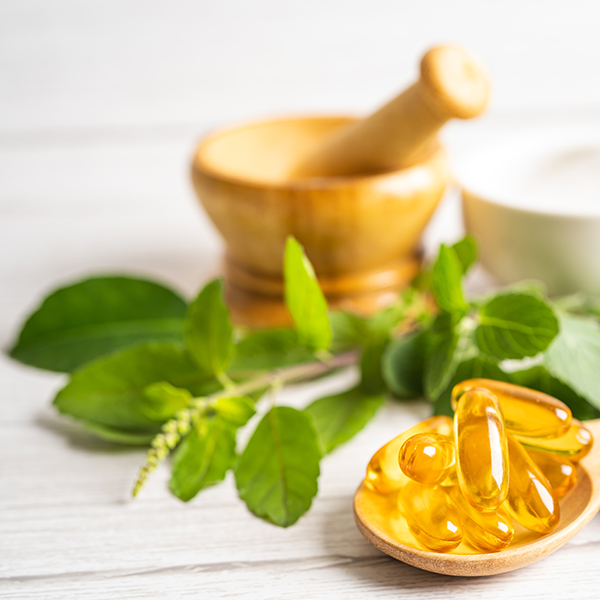
Centre of holistic Excellence
Caffeine is a stimulant that is found in many popular beverages, such as coffee, tea, and soda. It can have both positive and negative effects on the body.
Positive effects of caffeine
Negative effects of caffeine
Caffeine and vitamin B
Caffeine is a diuretic, which means that it can increase urine production. This can lead to a depletion of water-soluble vitamins, such as vitamin B. Vitamin B is essential for many important bodily functions, including energy production, cell growth, and nerve function.
Green tea as a healthier alternative to caffeine
Green tea is a naturally caffeinated beverage that also contains a number of beneficial compounds, such as polyphenols and L-theanine. Polyphenols are antioxidants that can help protect the body from damage caused by free radicals. L-theanine is an amino acid that has calming and relaxing effects.
Studies have shown that green tea may have a number of health benefits, including:
In addition to its health benefits, green tea is a good source of vitamin B. A cup of green tea contains about 10% of the daily recommended value (DV) of vitamin B2.
Overall, green tea is a healthier alternative to caffeine-rich beverages, such as coffee and soda. It provides a number of health benefits and is a good source of vitamin B.
Additional tips for reducing caffeine intake
We have 2 products with high doses of green tea
Mega EGCG
Nutri-Sweep
And we offer Vit B intravenously, in a capsule and a powder form.
Enquire for more details
🍃
Quick links
Help & Info
Working Hours
08h00 to 16h00 Monday to Friday
08h00 to 11h00 Saturday
Contact Us